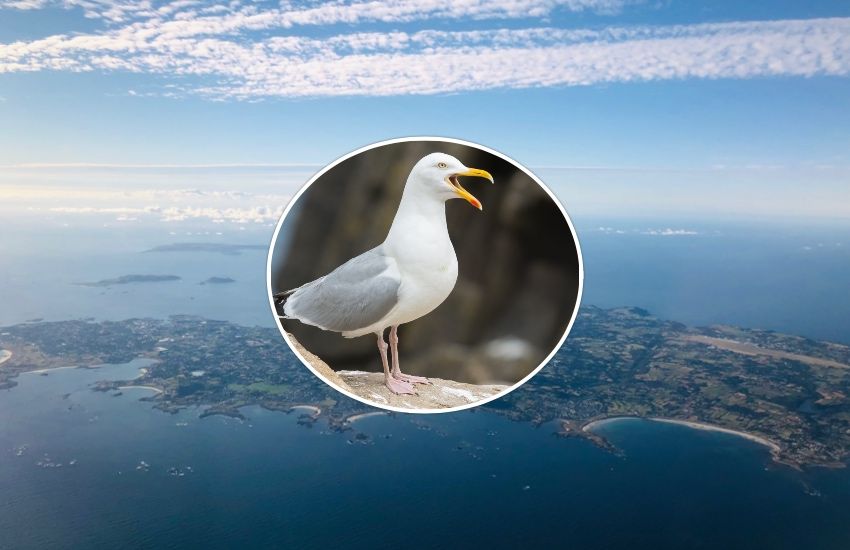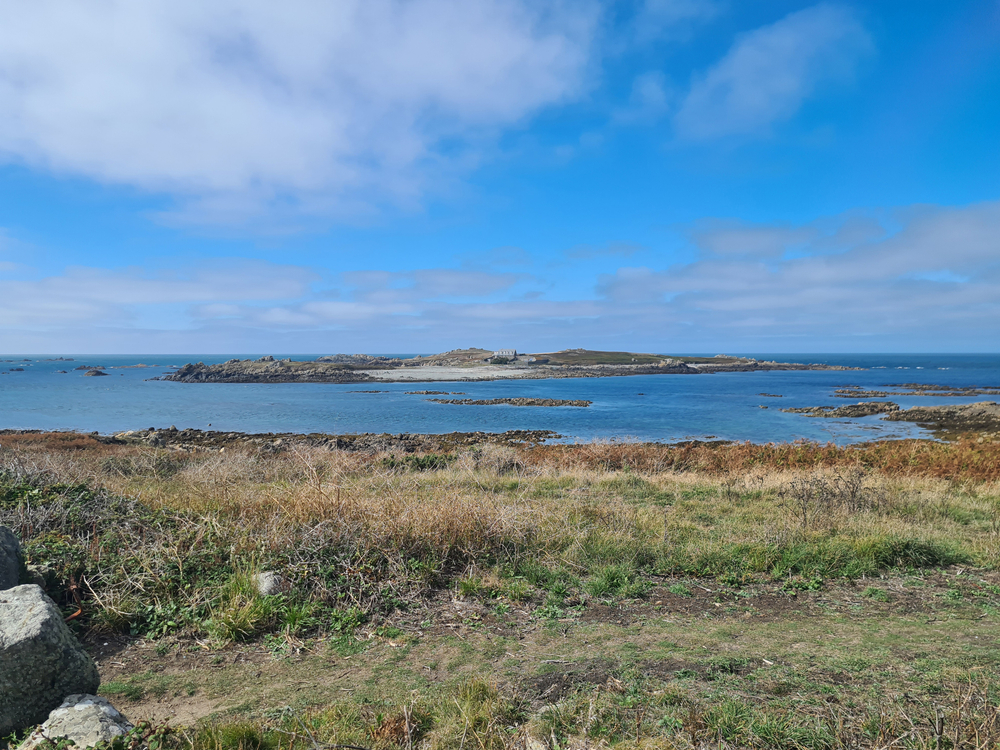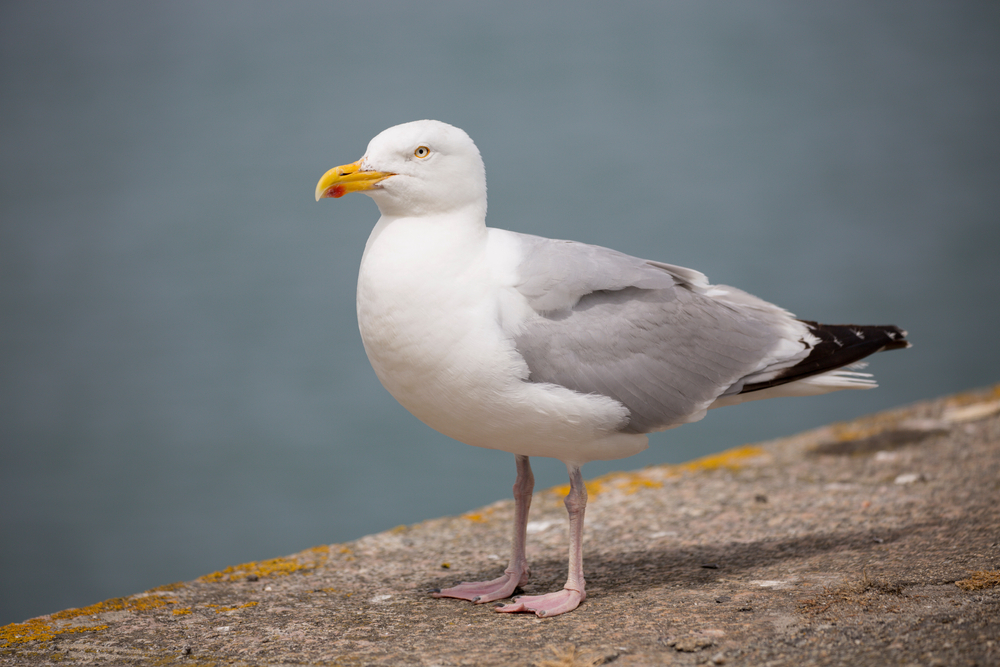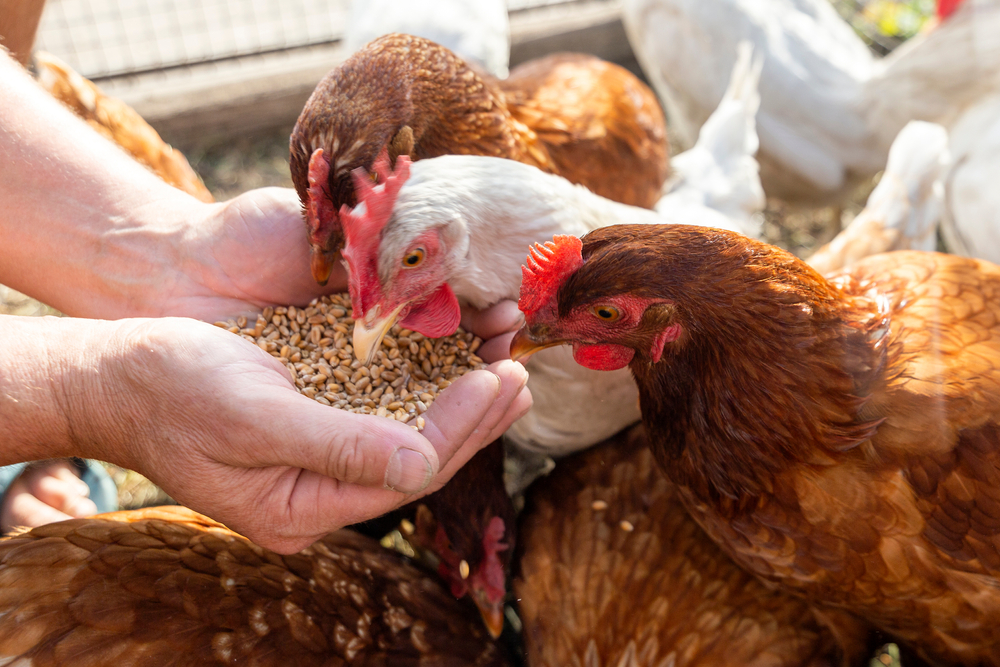


Two confirmed cases Avian Influenza (bird flu) have been identified in wild Herring Gulls in Guernsey.
The States Veterinary Officers have published guidance to owners of domestic poultry and members of the public after the cases were confirmed last weekend.
Advice from Deputy States Veterinary Officer, Grace Hodgkinson, for owners of domestic poultry includes:
ensuring that wild birds (which include ducks, geese, sea birds, birds of prey, crows and magpies) cannot access feed, water, bedding and litter. This can be achieved by housing birds, creating netted, covered enclosures, covering feed and water or using treadle feeders, for example;
making their premises unattractive to wild birds by using visual bird scarers, removing any feed sources and blocking access to bodies of water; and
implementing good biosecurity measures so as to avoid indirectly infecting their birds. This can be achieved using disinfectant foot dips or changing footwear when entering pens, for example.

Pictured: Lihou Island is one of the Bailiwick's important breeding colonies for seabirds.
Owners should contact the States Vets if any of their birds develop symptoms or are found dead.
Poultry keepers must take precautionary measures to protect their birds but there is no compulsory requirement to house birds. Poultry owners will need to decide if the welfare risks associated with housing their flocks are unacceptable based upon their facilities and current environmental conditions.
Any poultry owners who are not on the voluntary poultry register should register by completing the form HERE.
The holding or carrying out of any show, display, fair, exhibition, competition or other event involving any gathering of poultry is prohibited.
If members of the public come across any sick birds, please contact the GSPCA. If the public come across any dead birds of prey, sea birds or poultry.
The public must not touch dead birds and should contact the States. If the States Vets are unable to answer your call, please leave a message with as much information as possible, including:
location of the bird(s), including what3words if possible;
type of bird(s) (if known); and
contact details.
 Pictured: The two confirmed cases of bird flu were both identified in Herring Gulls.
Pictured: The two confirmed cases of bird flu were both identified in Herring Gulls.
If members of the public come across five or more dead garden birds or pigeons within a small area (e.g. the size of a small garden), they should contact the States Vets.
If less than five garden birds are found dead, they should be collected safely by the individual using gloves and double bagged before being disposed of in general black bag waste. Guidance on how to do this safely can be found HERE.
Director of Public Health, Dr Nicola Brink, explained that there are “many different types” of bird flu.
“Some strains of bird flu can pass to humans but this is extremely rare. It usually requires very close contact with an infected bird so the risk to humans is considered very low,’ she said.
“However, it is really important that we follow the advice from the States Veterinary Officers and not touch any dead or sick birds, but contact either the States Vets or GSPCA."
States Veterinary Officer, David Chamberlain, added: “Having identified these two cases of bird flu this weekend, we’re calling particularly on poultry owners to follow the guidance that has been provided for both the safety of their animals and also to prevent further spread to other wild birds.
“Members of the public also have an important role to play. If you come across dead or sick birds of prey, sea birds or poultry, please do not touch them, but instead contact us and provide us with as much information as you can.
“It’s important to stress that bird flu is primarily a disease of birds and the risk to the general public’s health is very low. I’d like to thank members of the public in advance for their compliance with this guidance.”

Pictured: Poultry owners should join the voluntary poultry register by completing the form HERE.
The Bailiwick has several important breeding colonies for seabirds at locations including Les Etacs, the Humps, Lihou, the Pea Stacks and several other islets, which members of the public are already asked to avoid at this time of the year to prevent disturbance of the colonies.
Given the confirmed presence of Avian Flu in wild birds found on Guernsey, the States has asked members of the public, and particularly boat owners, to avoid visiting any areas where seabirds roost and nest.
Any ornithological related activities across the Bailiwick, including bird ringing or nest recording, should be cancelled immediately.
The States said it was grateful to local organisations such as the Channel Island Bird Ringing Scheme who have already voluntarily restricted their activities.
States Veterinary officers: call 01481 221161 or email svo@gov.gg
GSPCA: call 01481 257261
More information about Avian Flu is available HERE
Comments
Comments on this story express the views of the commentator only, not Bailiwick Publishing. We are unable to guarantee the accuracy of any of those comments.